Does Coffee Affect Fertility?
Coffee – you think you can’t live without it but when it comes to fertility does it help or hinder?
Studies show caffeine consumption during preconception & early pregnancy can increase the risk of miscarriage in high doses that is, 300mg daily or more. It has also been shown to increase 1 double shot latte generally contains about 150mg of caffeine so if you love your morning coffee, there isn’t evidence to suggest you will have to give up coffee altogether!
Keeping in mind, caffeine is present in black tea, green tea and chocolate as well so your daily intake might need to be monitored in order to avoid going over the recommended 200mg/day maximum caffeine intake.
Caffeine is a natural stimulant that is found in coffee beans, cacao (chocolate!), green tea, black tea, energy drinks and some soft drinks. It stimulates our nervous system to give it a bit of a “wake up call” which can be a wonderful boost of energy but holistically we can look at coffee addiction as the root cause of some of our most common imbalances fuelled by stress: under functioning thyroid, general anxiety disorder, IBS, insomnia, infertility. When we have too many stimulants our nervous system stays in “fight or flight” mode and can find it hard to switch off.
When consuming caffeine, the recommendation by the WHO is to keep it at or under 200mg daily during preconception, so what does that look like?
1 double shot latte (~150mg)
1 cup of green tea (30-50mg)
1 cup of black tea (~50mg)
2 squares dark chocolate (~10mg)
1 can of coke (35mg)
1 can of redbull (150mg)
I strongly discourage consumption of either soft drink or energy drinks due to the high sugar content & unknown health effects on the gut microbiome of artificial sweeteners.
So if you’re wanting to reduce your coffee intake while trying to conceive, and you can’t live without your morning coffee (you can, you just need help getting there! Book in and we can work on it together), aim for 1 cup of coffee per day, and throughout the day switch to herbal teas, or a delicious golden latte with anti-inflammatory turmeric.
If you are yet to try Matcha Green tea, it is an excellent substitute for an after lunch coffee, it contains less caffeine (~70mg/cup) but it has antioxidant benefits, and anti-anxiety benefits due to its L-Theanine content, an amino acid that has been shown to reduce stress & anxiety, improve sleep and mood.
Do you have questions about the affects of caffeine on stress? Or want help to decrease your coffee/caffeine consumption? Book Here for an initial consult to start your health journey.
